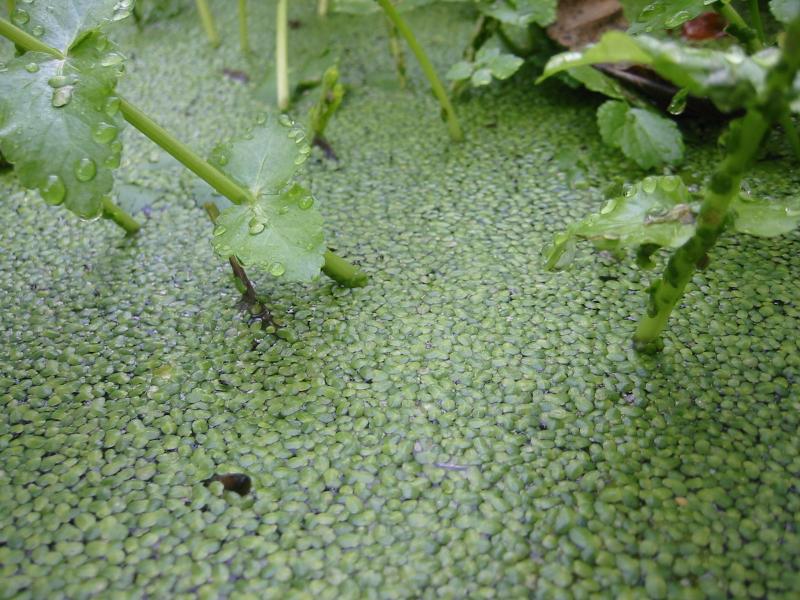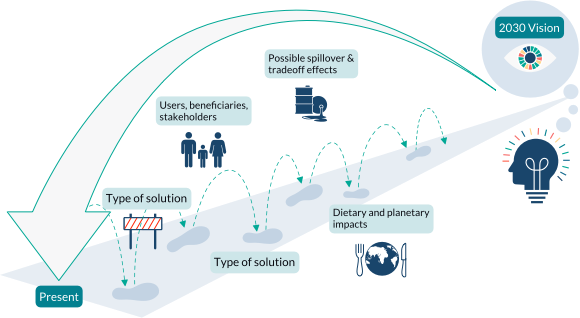Duckweed

Description of the innovative solution
Environmental and social impacts of animal-derived proteins are high. As the global population grows, there is an increasing need for quality protein that can be produced at a fast pace and at low environmental cost. This solution proposes to cultivate and commercialize duckweed for feed and human food. Duckweed are freshwater plants (Lemna and Wolffia) that grow extremely fast, with low nutrient requirements. They have a high nutritional profile especially regarding protein content and vitamin B12 content. Duckweed grows easily outdoors or indoors. In outdoor settings, duckweed has been...
Environmental and social impacts of animal-derived proteins are high. As the global population grows, there is an increasing need for quality protein that can be produced at a fast pace and at low environmental cost. This solution proposes to cultivate and commercialize duckweed for feed and human food. Duckweed are freshwater plants (Lemna and Wolffia) that grow extremely fast, with low nutrient requirements. They have a high nutritional profile especially regarding protein content and vitamin B12 content. Duckweed grows easily outdoors or indoors. In outdoor settings, duckweed has been proven efficient for eutrophic water purification. They are easy to harvest and can also grow on wastewater. Duckweed could be cultivated for water purification or for the production of high quantity/quality food/feed. Recirculating systems can be used when cultivated indoors. In Northern Thailand (khai-nam), Burma and Laos, Wolffia globosa has been harvested as food for many generations. However, it is still considered as "low-standard" food and hasn't been adopted by other countries. Duckweed resembles in taste to watercress or spinach.
Examples and additional resources
Real-world examples
See this solution in action in different contexts and settings around the world
Lentein
Additional resources
Learn more about this solution through studies, articles, business cases, and other information
Duckweed - a potential high-protein feed resource for domestic animals and fish
Rutgers Duckweed Stock Cooperative Website
Duckweed acceptability of Dutch consumers
Contacts
Connect to others working on and with this solution around the world
Pathways to uptake
Engage with our “backcasting tool” to imagine and design “pathways to uptake” for this solution in your setting.
This process involves defining a future vision of this solution being used in your context, and then working “backwards” to identify necessary steps to achieve this vision by 2030. Going through this exercise as an individual or with a team can help to clarify the WHAT/WHEN/HOW of moving a solution (or package of solutions) towards having major impact. We hope these pathways will inspire outside-of-the-box thinking, creative approaches, and actionable concrete steps to move ideas into action.
Pathway builder
Explore pathways for this solution
Be the first one and add a pathway for this solution!